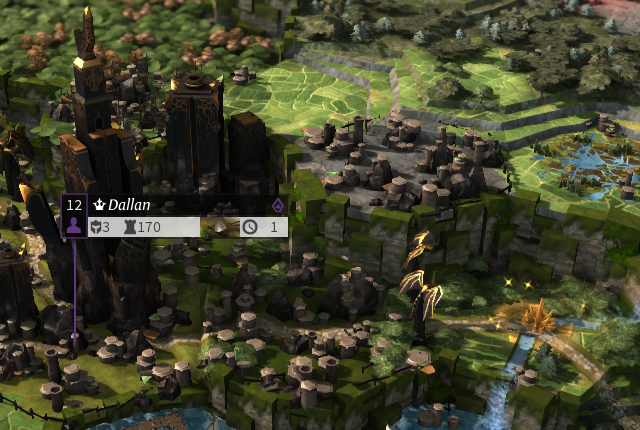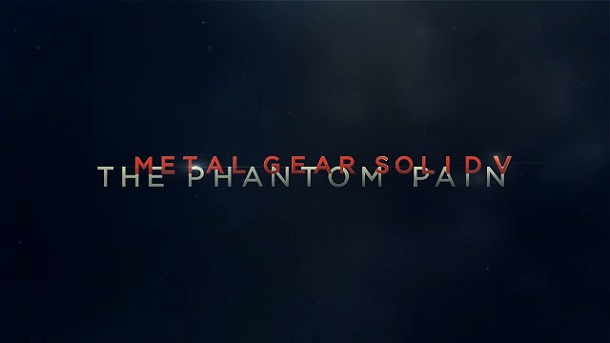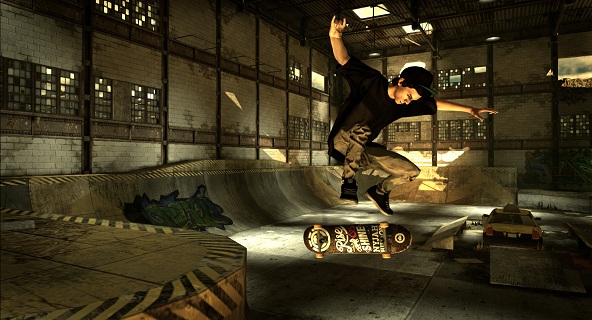

New original properties: they're something that gamers lament never seeing often enough. At times, it seems as though the video game industry is snagged in a sequel mill. Yet, every once in a while, a new game promises to break the mold with something new to offer. There's a flip side to that "new IP" coin, though. When a new title comes from an established developer and falls short, those expectations can be a real burden. That's sadly the situation with Grasshopper Manufacture's Lollipop Chainsaw. It has so many unique components, but it failed to come together to be something truly special.
Grasshopper's pedigree - 2011's Shadows of the Damned, the No More Heroes series -- will grab many hardcore gamers' attention, if Lollipop Chainsaw's completely zany concept doesn't do it first. Juliet, a seemingly normal cheerleader at San Romero High, arrives at her school to celebrate her 18th birthday, only to find the learning establishment in ruins thanks to a zombie outbreak. With the head of her decapitated boyfriend Nickie attached to her hip, Juliet cheerfully rips apart the undead legions with her trusty chainsaw and the demon hunting skills her family has known for generations. It's the kind of out-there idea (Suda 51's take on the original "Buffy the Vampire Slayer" film) you'd expect from Grasshopper, and they delivered masterfully in that respect.
At the start, the unambitious zombie-killing action is fun and easy to grasp. After adapting to the controls in the prologue, we quickly took to mixing up the four face buttons to take down the growing monster hordes, and carving off limbs with Juliet's weapon of choice. The action was further enhanced with the addition of "Sparkle Hunting," a combo-reward system that gives you bonuses for decapitating three or more zombies at once. It pushed us to improve our fighting skills while showering us with rainbows and sparkles, something we wish was used more often in mature games. And indeed, the blend of ultraviolence with childish glee does feel distinctly Grasshopper, given the team's track record with these thematic ideas.
However, that cheery disposition and initial bliss wears itself out after the first couple of hours. You begin to note a lack of fluidity in the combat, with combos being repeated too often with little need or ability to connect them. Once you find the rhythm that works for you, there's little drive to try out new attack combinations, and as you kill dozens of the same enemy types over and over again, you'll notice the dreaded "R-word" (repetitive) rear its ugly head. The depth is further limited by the leveling system, wherein you spend coins to unlock health bonuses and new moves. Thanks to our limited supply of coins, we continually had to choose between the two, skipping over possibly enriching combos in favor of increasing our health and strength. Ultimately, Lollipop Chainsaw's core combat is content to be enjoyably vanilla, and feels resigned to reheat mechanics that felt fresh six years ago instead of updating to gameplay that stands head and shoulders with today's modern standards.
Lollipop attempts some combat variety via techniques big and small, like introducing ranged attacks or giving you a stripper pole to swing around every now and then. Out of those two approaches, we preferred brief asides like the pole attacks, because extended use of additions like the cannon and the attacks using Nick's head reveal their shallowness. The ranged attacks, in particular, induce headaches, such as when third-person shooting is introduced with a baseball-themed minigame that works poorly. Worst of all, Lollipop leans on QTEs far too heavily to try and keep players engaged. Even if they start out as entertaining, most of the side features eventually wear out their collective welcome.
Despite its mechanical shortcomings, Lollipop Chainsaw at least gets its locales right, with each level taking Juliet to strange worlds, including a local arcade that's infested with demons or a nearby farm with its psychotropic mushrooms. Each stage is special in its own screwball way, but they're all held back by extreme linearity. The short detours and secrets peppered throughout the stages only highlight straight line Juliet otherwise travels in from zombie fight to zombie fight. The seven stages in the too brief campaign (around eight hours long) might be unique, but they share the same problems.




 What to expect from Wasteland 2
What to expect from Wasteland 2 How to Get a Free Raffle Ticket Template for Microsoft Word
How to Get a Free Raffle Ticket Template for Microsoft Word Boost OneNote Productivity With the Quick Access Toolbar
Boost OneNote Productivity With the Quick Access Toolbar Prototype 2 Guide
Prototype 2 Guide Manually set up Online Wii U Connection
Manually set up Online Wii U Connection